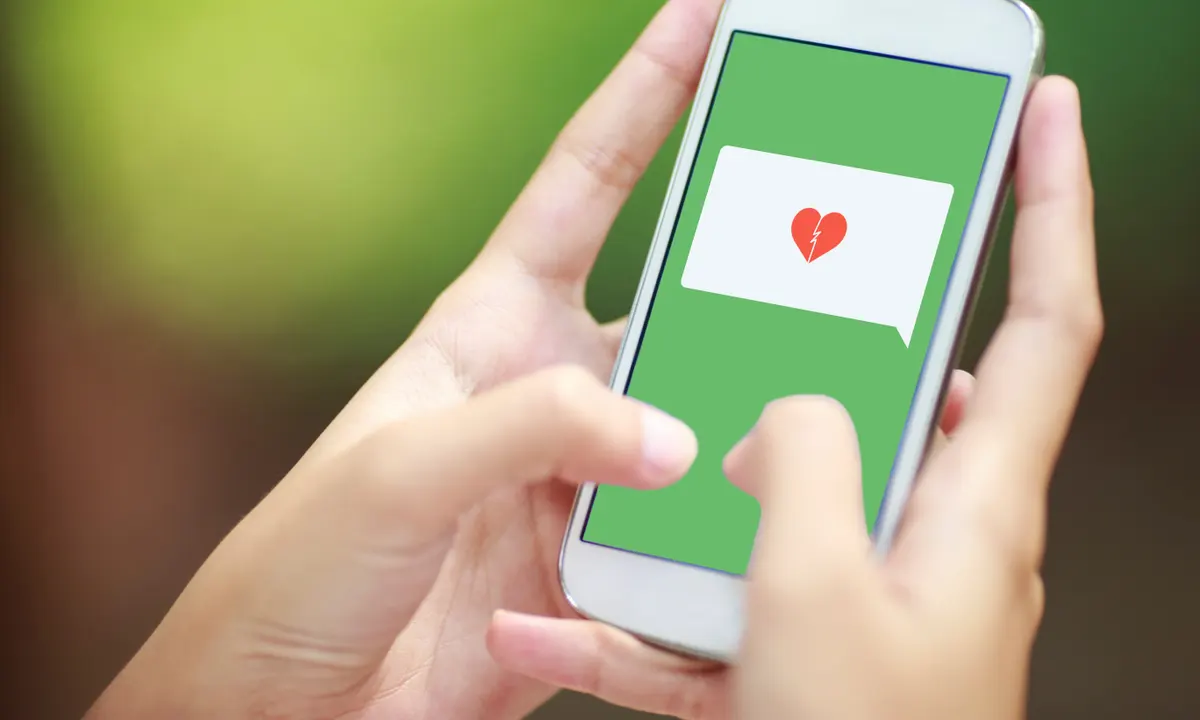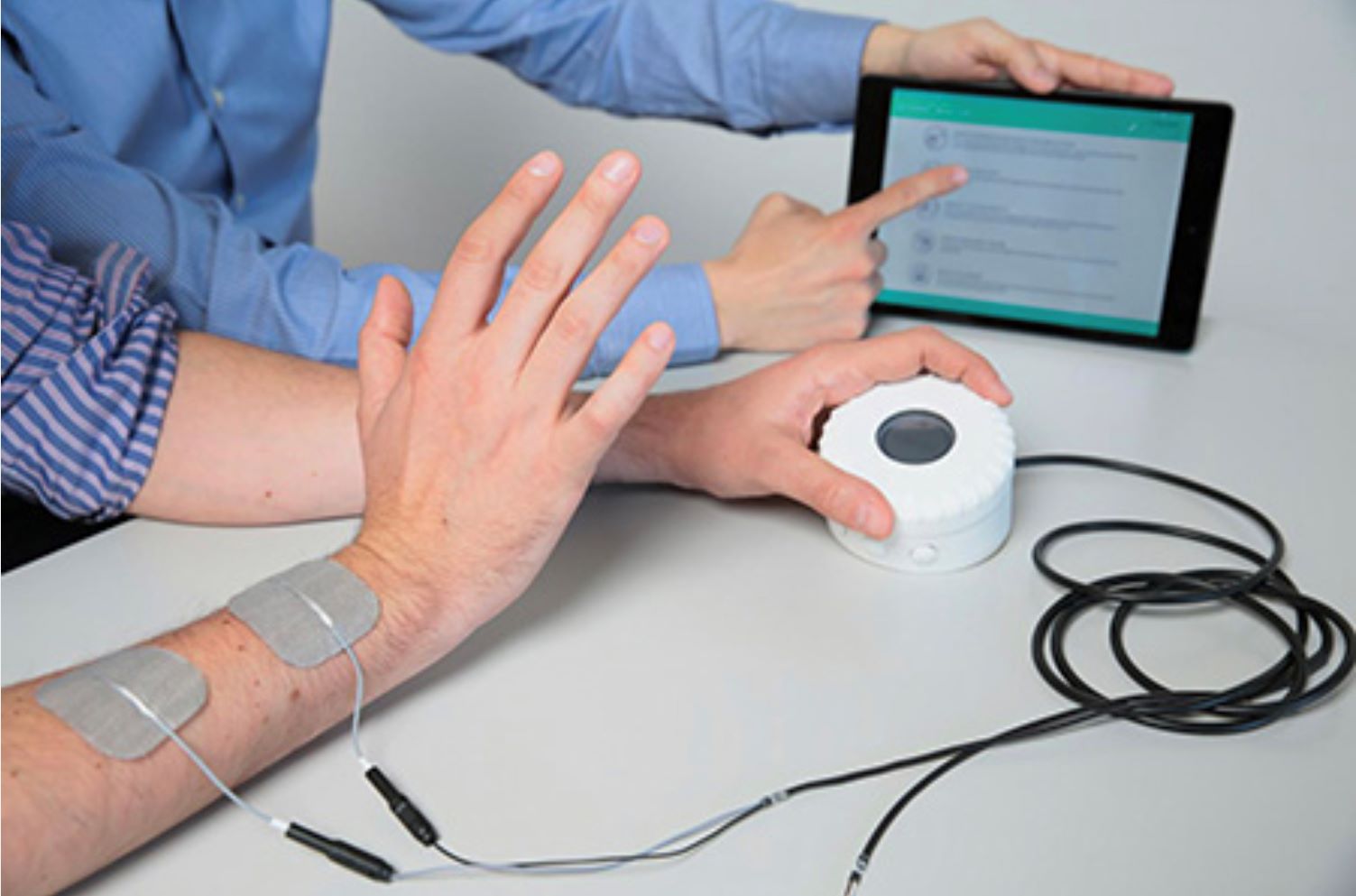Breaking up is famously hard to do, as Neil Sedaka’s hit song suggests. The emotional distress of a romantic breakup can be so intense that it is clinically recognized as love trauma syndrome (LTS).
However, there may be new hope for those dealing with a broken heart. Research indicates that using a £400 headset for just a few minutes daily could alleviate the sorrow, negativity, and depression associated with a failed relationship.
In a recent study, 36 volunteers suffering from love trauma syndrome used the device, which delivers a mild electrical current to the brain.
The participants were divided into three groups, each using the transcranial direct-current stimulation (tDCS) headsets for 20 minutes, twice daily over five days.
One group received current aimed at the dorsolateral prefrontal cortex (DLPFC), another had current directed at the ventrolateral prefrontal cortex (VLPFC), and the third group had the headset turned off.
Both targeted brain regions play roles in voluntary emotion regulation. Previous neuroimaging research has suggested a neuropsychological connection between breakup experiences and bereavements, implicating specific prefrontal regions, according to the study.
Love trauma syndrome can lead to severe emotional distress, including depression, anxiety, insomnia, mood swings, obsessive thoughts, and increased suicide risk, alongside feelings of insecurity, helplessness, and guilt.
Published in the Journal of Psychiatric Research, the study found that DLPFC stimulation was more effective than VLPFC stimulation for alleviating LTS symptoms.

“Both DLPFC and VLPFC protocols significantly reduced LTS symptoms and improved depressive states and anxiety compared to the sham group,” concluded researchers from the University of Zanjan in Iran and Bielefeld University in Germany.
“The DLPFC protocol had a significantly greater impact on love trauma syndrome than the VLPFC protocol.”
A month after the treatment concluded, volunteers continued to report improvements. The study authors noted: “These promising results need to be replicated in larger trials.”
In recent years, techniques like tDCS have been incorporated into clinical research. Pilot studies within the NHS are reportedly testing similar headsets to evaluate their effectiveness in treating mild depression.
“Given that negative emotions dominate after the end of a romantic relationship and emotional dysregulation occurs, emotion regulation is considered a primary treatment goal.
While established approaches like cognitive-behavioral therapy are effective, innovative and complementary treatments are valuable because traditional methods do not work for all patients,” the study said.
“Considering the link between love trauma and emotional regulation, which involves activation of specific brain areas and networks, treatment methods targeting these brain regions could be promising.”
